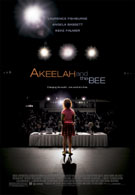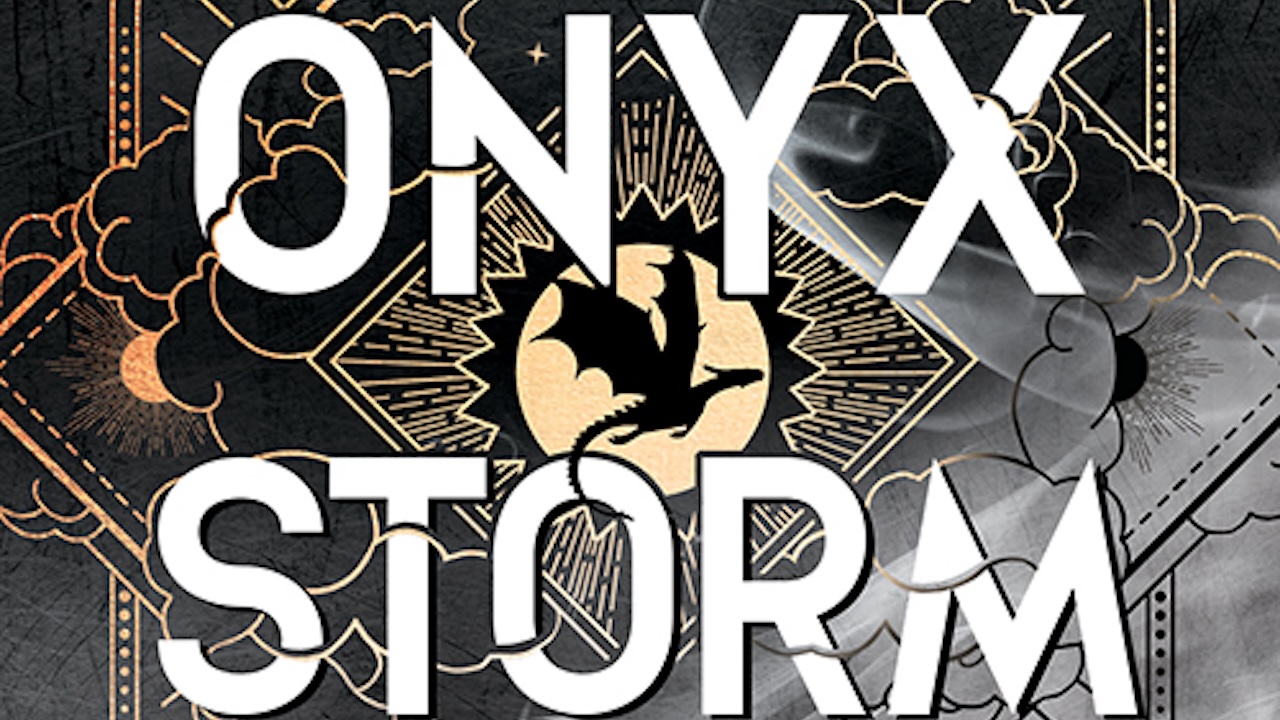Akeelah and the Bee is one of those rare movies that comes along every once in a while and manages to get everything right despite sticking to an almost formulaic plot design. In this case, Akeelah is almost a sports movie, with the titular heroine involved in a spelling competition instead of any sort of sport with a ball. Make no mistake about it though, anyone who has seen the spelling championship on ESPN knows how brutal the competition can be. As a competition movie, Akeelah puts the mass of children’s sports movies to shame though, as the film proves it’s not the winning at the end of the film, but the journey there that makes us who we are.
There’s nothing really special about Akeelah. She’s just an eleven year old girl who happens to be good at spelling. That doesn’t do her much good in school though, especially since she’s fond of skipping classes and missing homework. Akeelah is one of those kids whose content to simply get by, especially if it means avoiding showing people that she’s actually smart. As one of her school’s brightest students, and as punishment for missing classes, Akeelah is dropped into the school’s first spelling bee, and quickly finds herself on a path that leads to the national competition.
Of course, as with any competitive type movie, the star has to have obstacles to overcome. In Akeelah’s case it’s her home life. Her mother is a nurse who doesn’t have much time to spend keeping tabs on her kids. Since one of Akeelah’s brothers is starting to get under the wrong influence, that leaves even less time for her mom to pay attention to Akeelah. In some ways, the spelling bee becomes a chance to get Akeelah’s mother to pay attention to her, but as overworked as mom is, there’s just no time for spelling.
Instead the attention for Akeelah comes from her spelling coach, Dr. Larabee, an almost-Mr. Miyagi type figure who has withdrawn from his world of collegiate teaching after a family trauma. That doesn’t stop him from not only helping Akeelah learn how to spell, but also trying to teach her about her culture and help her find a way to accept her intelligence instead of hiding it. Their relationship quickly becomes strong, as he becomes the father figure Akeelah is lacking, and she becomes the daughter Larabee is missing.
With emotional gaps being filled and a competition to spur things along, Akeelah and the Bee will no doubt be lumped in with all those other “feel good” movies out there. But Akeelah manages more than some cheap emotional manipulations. There is some real substance to the emotion within the film. This is less of a credit to seasoned veterans Laurence Fishburne and Angela Bassett though, who are content to sit back and play supporting roles to the true talent of the movie: thirteen year old Keke Palmer. Palmer plays the title role with an innocence and passion that can’t be mugged or faked – this is the real deal, and it’s this movie that shows why junk like ATL or poor moppet Dakota Fanning performances shouldn’t be tolerated. The movie demands a wide range of emotions and responses from Palmer, and she grabs the audience from frame one and takes them on a fantastic ride.
Sure Akeelah is a “feel good movie”, but there’s nothing wrong with that. We need to feel good every once in a while, and I’d rather have a genuinely good story like this make me feel good over some contrived star vehicle movie any day. Writer/director Doug Atchison puts his sappy and somewhat predictable script on Palmer’s shoulders, and the result is phenomenal.











